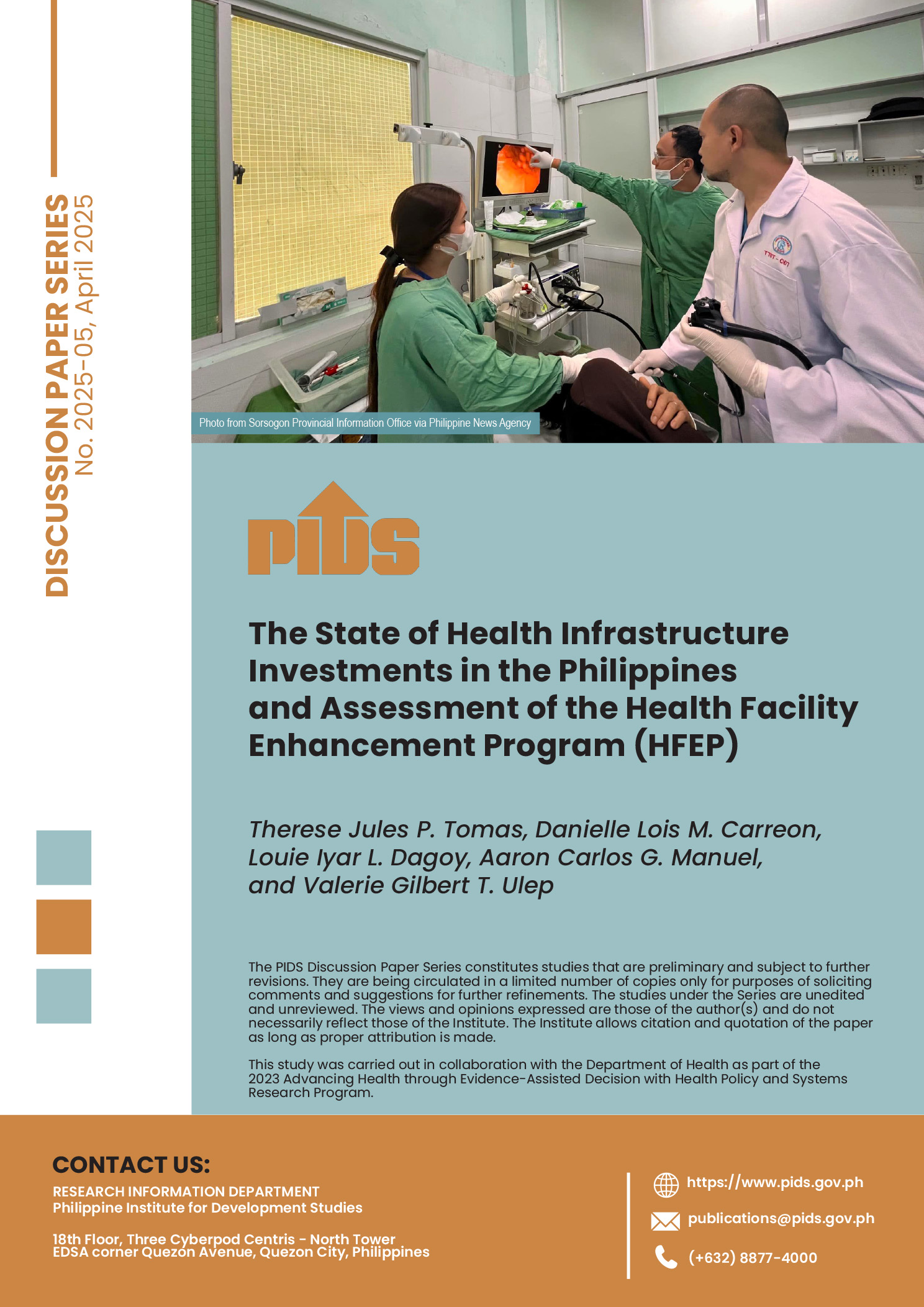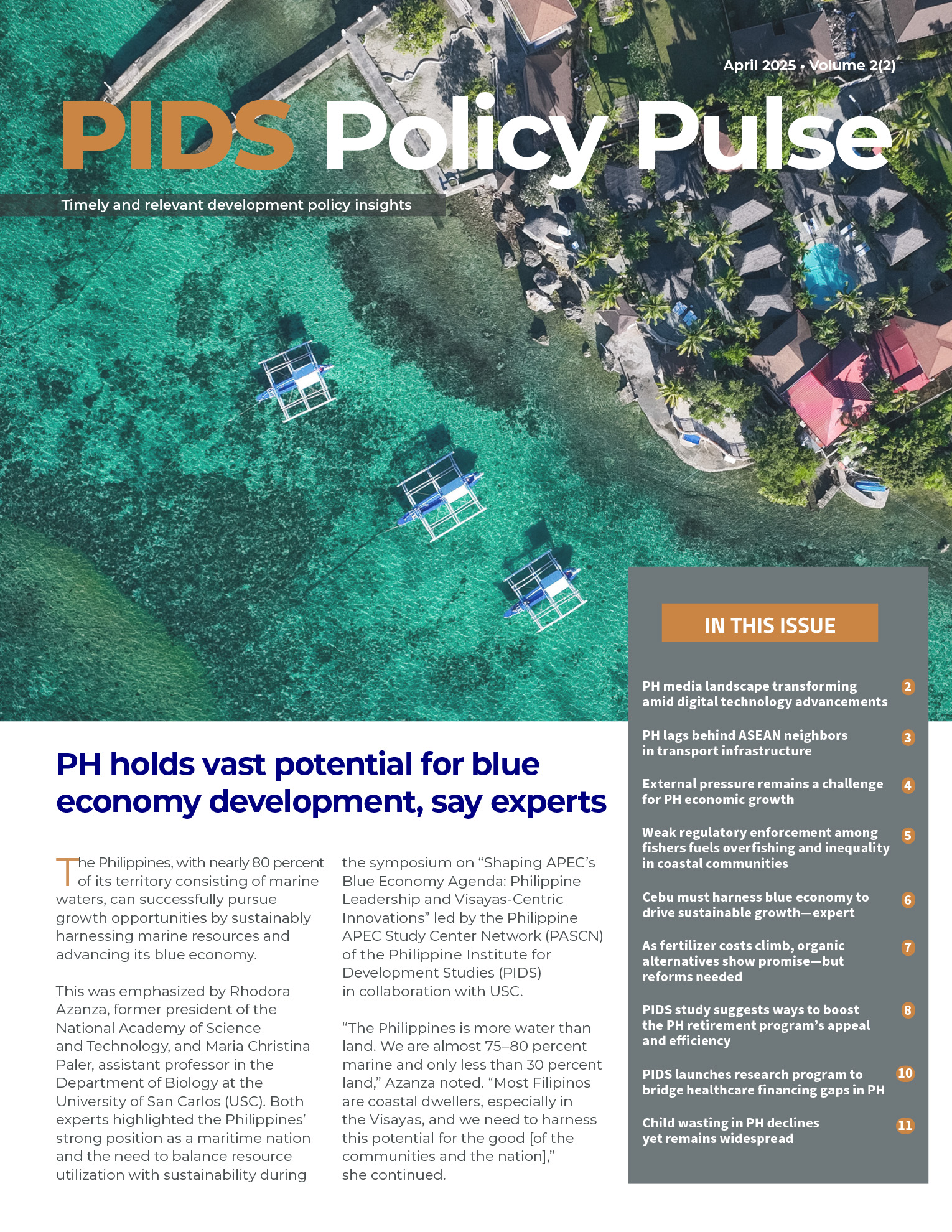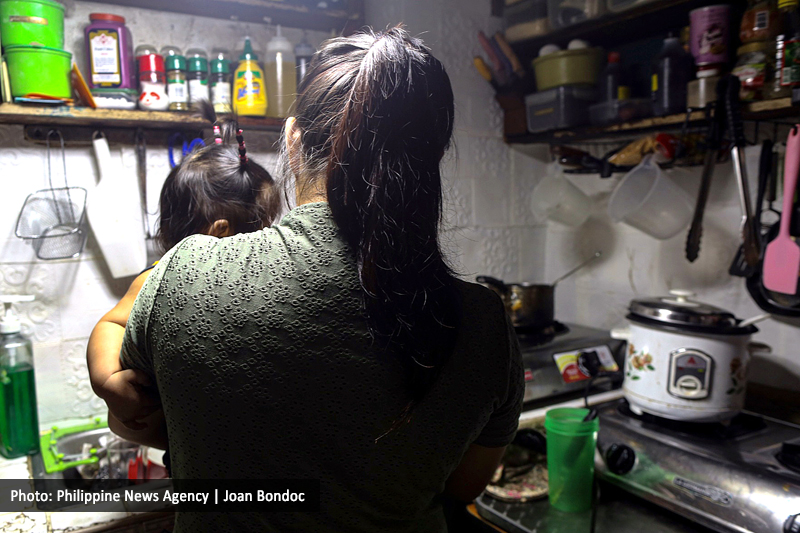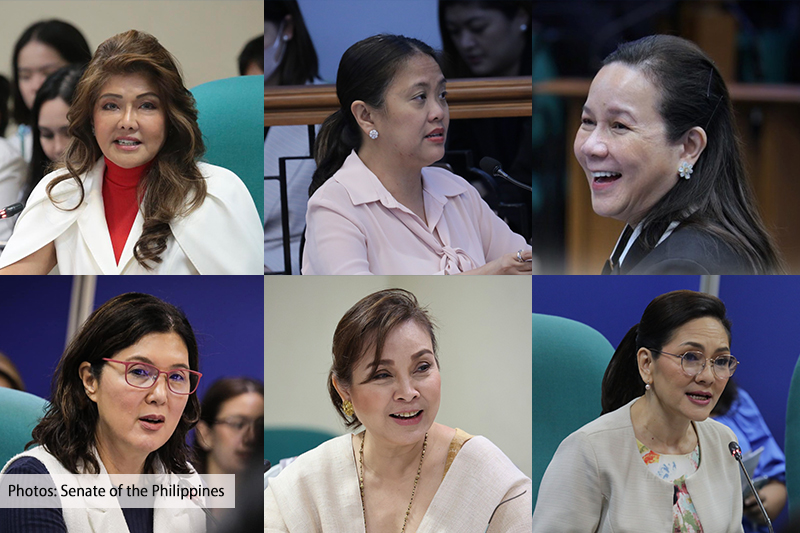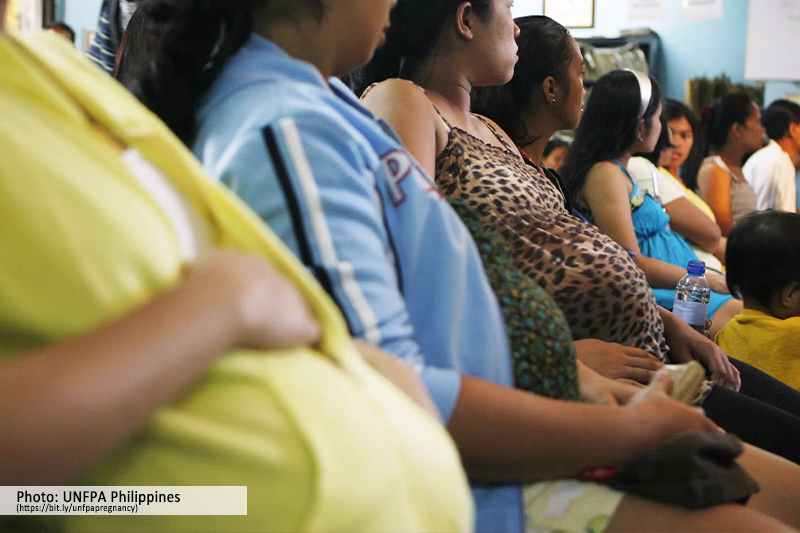Many countries today, including the Philippines, are pushing for solutions to address the intertwined challenges of a rapidly evolving digital landscape and the urgent need for environmental sustainability. Commonly referred to as twin transition, it involves sustainable consumption and production patterns in the economy.
A recent International Labor Organization (ILO) report says that over 100 countries have made commitments to transition to a green and digital economy with over half of them having developed or are developing specific policies and programs to support their twin transition journey.
The twin transition is a term used to describe the interconnected processes of digital transformation and green transition. It is considered a necessary pathway for countries to achieve sustainable development and economic growth in the 21st century.
Digital transformation is the process of using digital technologies to transform existing businesses, industries, and societies. It is driven by the rapid advances in digital technologies such as artificial intelligence, big data, cloud computing, blockchain, and the Internet of Things (IoT).
Green transition, on the other hand, is the process of shifting to a low-carbon economy that is resilient to climate change. It is driven by the need to reduce greenhouse gas emissions and protect the environment which may involve investing in renewable energy.
Most conversations today about the twin transition highlight the use of Artificial Intelligence as a promising tool for optimizing resource utilization.
AI and sustainability? Is that an oxymoron?We all know that AI needs massive computing power to learn and do what it is supposed to do, which means it uses many servers, heating our earth even more and other critical resources like water. As an example, Microsoft recently announced that it used 1.7 billion gallons of water last year, up 228 percent from 2017. That is enough water to fill 2,500 plus Olympic-sized swimming pools. Their water consumption is driven in part by the development of AI technologies which depend on data center infrastructures that need to be frequently cooled down with water. While most big tach-names like Microsoft are working on bringing back more water to the environment than they use by 2030, the frenzied race to develop more water-thirsty generative AI tools could make those targets seem unreachable.
The Philippines is particularly vulnerable to the impacts of climate change and environmental degradation. The country is also facing rapid technological change and digitalization driven by the push of the current government. In this context, the twin transition offers a unique opportunity for the Philippines to build a more resilient, sustainable, and inclusive future.
The twin transition is a complex and challenging process, but it is essential for the Philippines to achieve sustainable development and economic growth in the 21st century. The Philippine government has recognized the importance of the twin transition and has made it a key priority of its development agenda such as the Philippine Development Plan 2023-2028 and the National Innovation Agenda and Strategy Document.
This month, the Philippine Institute for Developmental Studies (PIDS) an attached agency of the National Economic and Development Authority (NEDA) will again lead the national observance of the Development Policy Research Month (DPRM). The highlight of the DPRM celebration is the Annual Public Policy Conference (APPC), which serves as the platform to enable informed public discourse on emerging global development issues that impact Philippine development.
This year’s APPC theme is “Green and digital: Managing the twin transition towards sustainable development.” The conference aims to provide an understanding of how digital transformation and green transition are interlinked, what characterizes this dual transition, and how the global economy is changing to manage such transformation. It will also discuss how developing countries like the Philippines can pursue this twin transition strategically and in a just and equitable way, leaving no one behind. Initiatives like this will definitely help more people understand the benefits and challenges involved in twin transition journeys.
A twin transition approach recognizes that there is a huge and largely untapped opportunity for technology and data to drive sustainability goals. Greening of and by digitalization is the sweet spot we should aspire for where digital amplifies sustainability.
In the rapidly evolving digital age, the Philippines finds itself at a pivotal juncture where the pursuit of digitalization and sustainability must go hand in hand. The country has been making significant strides in adopting digital technologies to drive economic growth and improve the quality of life for its citizens. However, this progress should not come at the expense of the environment and social equity. Balancing digitalization and sustainability is not just a choice; it is an imperative for the nation’s long-term prosperity and well-being.

